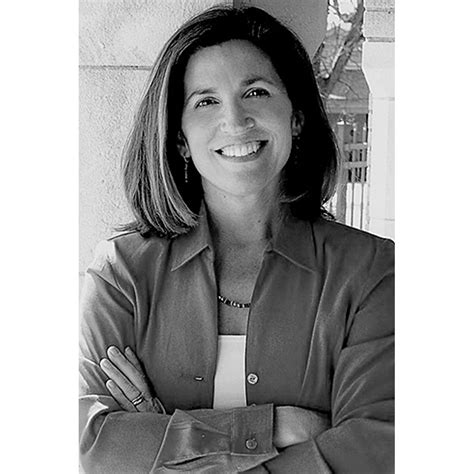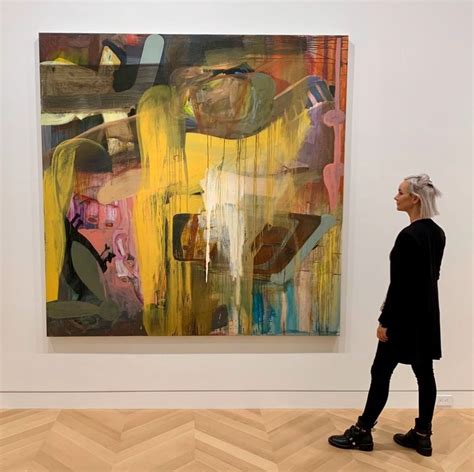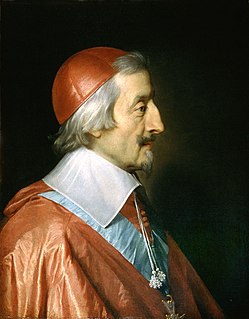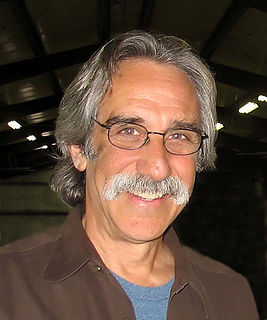A Quote by Clare Vanderpool
When there is suffering, we look for a reason. That reason is easiest found within oneself.
Related Quotes
There is really no reason to suffer. The only reason you suffer is because you choose to suffer. If you look at your life you will find many excuses to suffer, but a good reason to suffer you will not find. The same is true for happiness. The only reason you are happy is because you choose to be happy. Happiness is a choice, and so is suffering.
The courage to be as oneself within the atmosphere of Enlightenment is the courage to affirm oneself as a bridge from a lower to a higher state of rationality. It is obvious that this kind of courage to be must become conformist the moment its revolutionary attack on that which contradicts reason has ceased, namely in the victorious bourgeoisie.
There are two excesses: to exclude reason, to admit nothing but reason. The supreme achievement of reason is to realise that there is a limit to reason. Reason's last step is the recognition that there are an infinite number of things which are beyond it. It is merely feeble if it does not go as far as to realise that.
Kant's aim was to develop a religion within the boundaries of mere reason (that is, reason unaided by special empirical revelation) and then to ask about existing ecclesiastical faith (especially about Christianity, and the Lutheran Christianity of his time and place) how this revealed faith must be interpreted if it is to be reconciled with reason, and even seen as a wider (though morally optional) extension of a religion of reason.
Meditation is enjoying oneself, just sitting silently doing nothing: happy, joyous without any reason, because all reasons come from outside. You meet a beautiful woman and you are happy, or you meet a beautiful man and you are happy - but the meditator is simply happy. His happiness has no reason from the outside world; his happiness wells up within himself.
I would call the attention of the reader to the difference between "reason" and "reasoning." Reason is a light, reasoning a process. Reason is a faculty, reasoning an exercise of that faculty. Reasoning proceeds from one truth to another by means of argumentation. This generally involves the whole mind in labor and complexity. But reason does not exist merely in order to engage in reasoning. The process is a means to an end. The true fulfillment of reason as a faculty is found when it can embrace the truth simply and without labor in the light of single intuition.



































